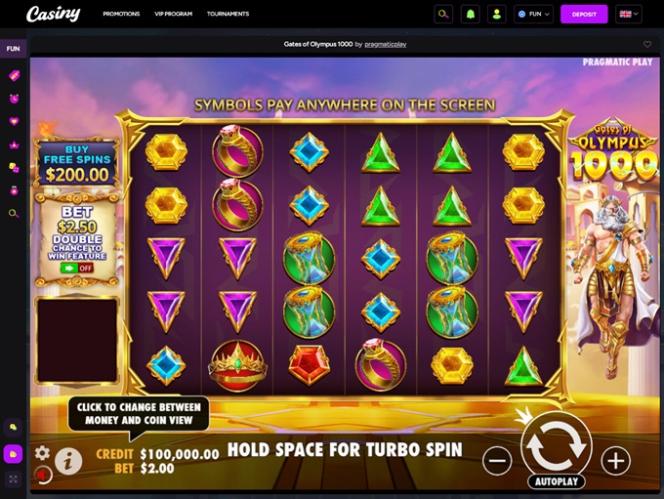
In today’s digital landscape, the fields of security and licensing are becoming increasingly vital for businesses and organizations across various industries. With cyber threats on the rise and regulatory frameworks constantly evolving, understanding the implications of security measures and licensing requirements is essential. For online gaming enterprises, for instance, obtaining a Security and Licensing Casino license AU is crucial for compliance and credibility. This article delves into the intricate relationship between security and licensing, examining why both are indispensable in the modern business environment.
Security encompasses measures taken to protect a company’s assets, including data, intellectual property, and financial resources. With the advent of cloud computing and remote work, maintaining robust security protocols has become more challenging yet imperative. Companies face threats ranging from data breaches and for malware attacks to insider threats. Let’s explore a few reasons why security is paramount:
Organizations hold vast amounts of sensitive data, including customer information, financial records, and proprietary information. Losing this data can have devastating consequences, including financial loss, legal ramifications, and reputational damage. Therefore, implementing solid security measures is essential to safeguarding this information.
Various industries must adhere to strict regulatory frameworks that mandate security standards. For instance, the General Data Protection Regulation (GDPR) in Europe enforces regulations around data protection and privacy. Non-compliance can trigger fines and penalties, making it crucial for businesses to ensure their security measures align with these requirements.
Security breaches can severely damage a company’s reputation. Customers are less likely to engage with businesses that do not prioritize their data security. By demonstrating a commitment to security, companies can build trust and foster long-term relationships with their customers.

Licensing is the process of obtaining legal permission to operate within a specific jurisdiction or industry. It serves several purposes, including ensuring compliance with regulations, promoting ethical business practices, and protecting consumers. Particularly in highly regulated sectors such as gaming, finance, and healthcare, licensing is essential. Here’s why licensing matters:
Licensing requirements vary by industry and location, aimed at protecting public interest. Compliance with these requirements ensures that a business operates within the legal framework, thereby minimizing risks associated with operating without a license.
Obtaining a license can significantly enhance a business’s credibility. It demonstrates to clients and partners that the organization meets specific standards and has undergone scrutiny by regulatory bodies.
Licensing helps enforce fair practices within industries, ensuring that all entities comply with the same rules. This is especially crucial in sectors like gambling, where licensing ensures that operators do not exploit players and provide a fair gaming experience.
Security and licensing are not isolated concepts; they are intricately linked. A robust security framework can facilitate the licensing process by demonstrating a commitment to compliance and ethical practices. Let’s delve deeper into this relationship:
In many cases, licensing bodies mandate specific security protocols before granting a license. For example, online gambling platforms need stringent security measures in place to protect users’ data and financial transactions. Without these measures, obtaining a license becomes challenging, if not impossible.
Licenses are often contingent on maintaining specific security standards over time. Therefore, companies must continuously monitor and update their security measures to comply with evolving regulations. Failing to do so can result in the revocation of licenses, leading to lost revenue and reputational damage.

Both security and licensing play pivotal roles in risk management. By maintaining robust security protocols, organizations can mitigate potential risks that could jeopardize their licenses. Additionally, being licensed means adhering to industry standards, which, in itself, reduces operational risks.
Organizations should implement several best practices to ensure they meet security and licensing requirements effectively:
Regular audits of security measures and compliance with licensing requirements should be a priority. This helps identify vulnerabilities and areas for improvement, ensuring that the organization remains compliant.
Providing employees with training on security protocols and licensing requirements is crucial. Employees should be well-informed about their roles in maintaining compliance and protecting sensitive information.
Utilizing the latest security technology, such as encryption and multi-factor authentication, can significantly enhance security measures. Similarly, software solutions can help monitor compliance with licensing requirements and streamline reporting processes.
The landscape of security threats and licensing regulations is constantly evolving. Organizations must stay informed of the latest developments in both areas to remain compliant and properly protected against potential threats.
In conclusion, the interplay between security and licensing is critical for businesses navigating today’s complex landscape. By understanding the importance of both and implementing best practices to ensure compliance and protection, organizations can bolster their operational integrity and cultivate trust among stakeholders. In an era where security breaches and regulatory scrutiny are commonplace, prioritizing these aspects is not just advisable—it’s essential for long-term success.